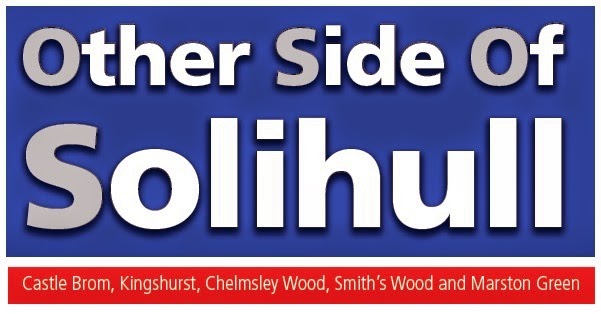The latest part in our occasional series covering common questions about local journalism.
About the only way that a journalist can impress an eight-year-old is to show them a page of shorthand notes. Never mind that the jumble of symbols is a blow-by-blow account of plans to scrap green waste collections, being able to turn them into sentences and back again is a kind of magic trick.
Adults are rather less awed. Retired secretaries may go a bit misty-eyed, remembering their own days of taking dictation, but I think a lot of other people are suspicious about how you will stitch the swirling script together when you get back to the office.
"Are you going to be able to read all of that back?" is probably the most common question you get from a councillor after a five-hour meeting. The honest answer is "yes", a slight pause, "most of it."
The fact is, shorthand isn't perfect. You will sometimes sit staring at one of the outlines (a posh word for an individual scribble) and wonder what in god's name you wrote down. Is that rave, reeve, rev?Notepads can bubble and crease in the rain, and pens run dry when a local resident is in the middle of a particularly colourful comment about where he'd like to stick the bus stop that has been wrongfully erected outside his house.
But despite all that, it's still the best possible way for journalists to take down what people are telling them as quickly as possible. Why not use a dictaphone? Simply put, a reporter on a busy local paper wouldn't have the time to spool back through a lengthy recording to pick out all the facts they need. Not to mention the fact that there are places where the device would be useless (a noisy street protest) or not allowed at all (whip out a recorder in court and you could find yourself in the dock yourself.)
Despite this, there has recently been something of a debate about whether shorthand - which has been a mandatory part of the NCTJ's journalism exams for decades - is quite as essential these days. The argument goes that TV and magazine hacks have been getting by without the funny little hieroglyphics for some time and that the digital revolution taking place in newsrooms nationwide means that not every newspaper journo will still be expected to sit at the back of the magistrates twice a week.
There is perhaps something in the first point. Certainly those working in the world of 5,000 word spreads are rather removed from the "seven stories by lunchtime" culture of the local paper.
But as for the second part, I do worry that there's a danger of people being taught to tweet or liveblog instead of learning the old-fashioned newspaper skills. Yes social media and community content is important, but the more reporters there are without the necessary training to cover a marathon session at the council house or take down reams of notes of a 95-year-old's war veteran's memories then the poorer the quality of local journalism.
But despite all that, it's still the best possible way for journalists to take down what people are telling them as quickly as possible. Why not use a dictaphone? Simply put, a reporter on a busy local paper wouldn't have the time to spool back through a lengthy recording to pick out all the facts they need. Not to mention the fact that there are places where the device would be useless (a noisy street protest) or not allowed at all (whip out a recorder in court and you could find yourself in the dock yourself.)
Despite this, there has recently been something of a debate about whether shorthand - which has been a mandatory part of the NCTJ's journalism exams for decades - is quite as essential these days. The argument goes that TV and magazine hacks have been getting by without the funny little hieroglyphics for some time and that the digital revolution taking place in newsrooms nationwide means that not every newspaper journo will still be expected to sit at the back of the magistrates twice a week.
There is perhaps something in the first point. Certainly those working in the world of 5,000 word spreads are rather removed from the "seven stories by lunchtime" culture of the local paper.
But as for the second part, I do worry that there's a danger of people being taught to tweet or liveblog instead of learning the old-fashioned newspaper skills. Yes social media and community content is important, but the more reporters there are without the necessary training to cover a marathon session at the council house or take down reams of notes of a 95-year-old's war veteran's memories then the poorer the quality of local journalism.


No comments:
Post a Comment